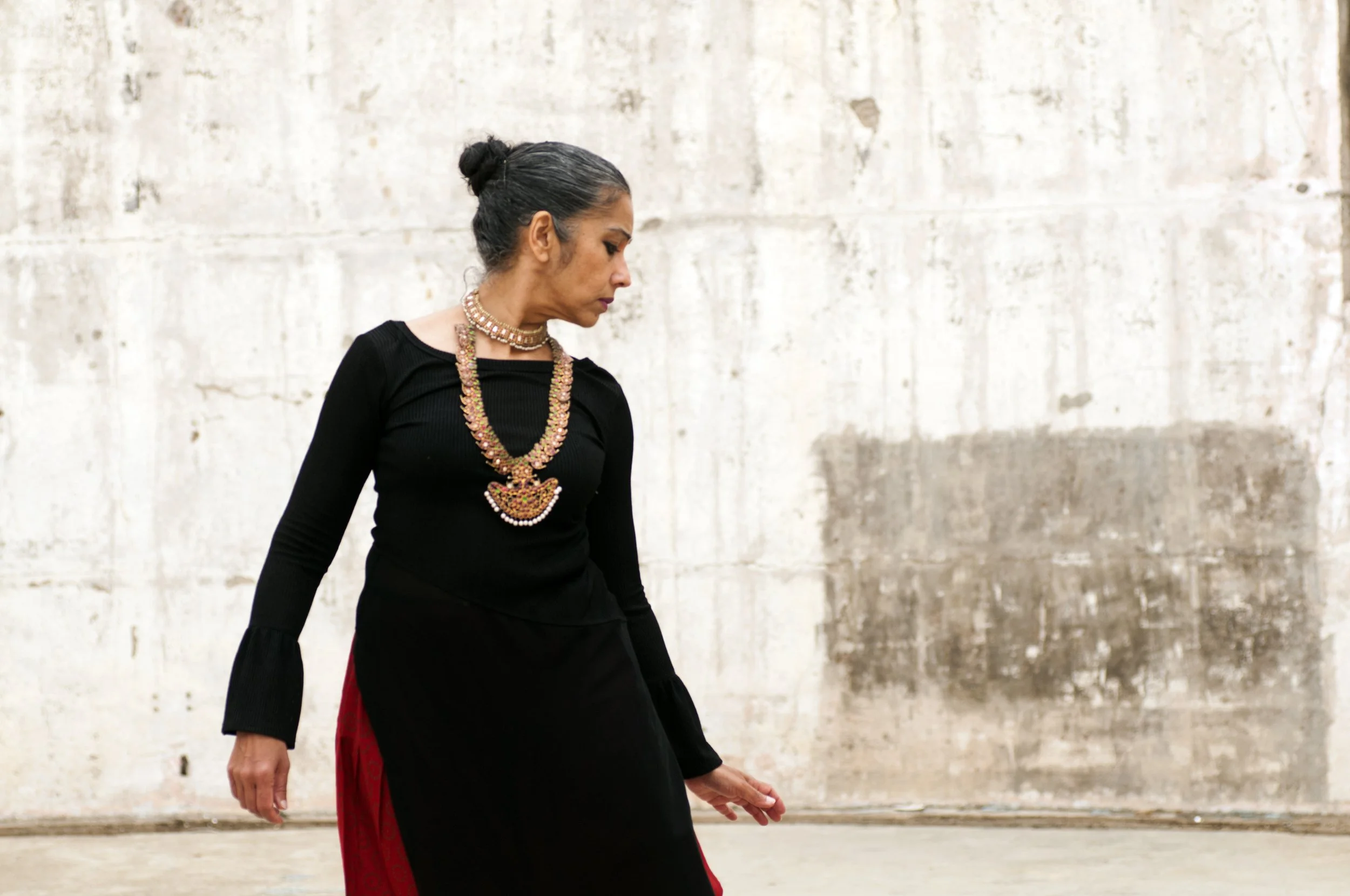Sacrifice
I have been exploring the theme of sacrifice (Yagna) in my book-writing project. Sacrifice, like everything else in an invocatory philosophy, is multi-dimensional. It is intimate and subjective in this context, and often invisible and overlooked by the values of the mundane world.
The poem is a reflection of some revelations that emerge from my dance inquiry into Yagna, which is what renders dance as invocation.
Read More
Memory
In invocatory dance, memory must be relinquished as the preparatory "sacrifice" of the past and the known. It is in this "loss" of memory that dance is birthed.
In Rasa Dance, the archetypal invocation of "loss" of memory is called "Apasmara". This poem is inspired by the dance of Apasmara.
Read More
Kangaroo!
This is a tribute to the tribe of kangaroos that nearly ambushed me on my mountain walk!
Read More
The necessary solitude of creativity
To be solitudinous is not to be invisible. Or to abhor interaction and engagement. It is the rhythms of that engagement and the contexts that are different. Like many artists, I work from my inner cosmos. To do this, I spend time attending to this cosmos and bringing that attention into action and expression in the world. Contemplative art is something of itself. Not all art is contemplative, nor does it have to be so. But creativity that invites contemplation cannot come from the noisiness of communal domains.
Read More
Love song to Body
This poem is inspired by the Rasa of Karuna (pathos, poignancy, melancholy, quietude). Yama, the Deity of Death, is the archetype of Karuna. The connection between death (Body) and compassion becomes clear in experiencing the dance invocation of this Rasa.
Read More
Moksha [Release]
This poem is inspired by many images from Vedic hymns as well as the particular sensibility with which philosophical principles such as Moksha are invoked in earlier times. Moksha in its simplest meaning is release, like the release of an arrow from the bow. This physical source of the word is very much retained in these ancient hymns. Moksha’s meaning of spiritual liberation is tethered here to its Body-led expression
Read More
Poetry of an uncompressed life
“Art for art’s sake” is a deeply contentious proposition. This is because we consider art recreational. We have also degraded poetic intelligence by making it metaphorical—we claim we can be “creative” businesspeople or politicians or bankers. We divorce creative intelligence from its expression or activity in the world.
Read More
Homesickness
This poem is inspired the Vedic “Vena” which is translated as longing, remembrance, homesickness, and love. This sensation is the archetypal birthplace of poetic intelligence. It is the foundation of a perception of Reality as a poetic composition. The imagery in the poem is from the ancient hymns of Vena.
Read More

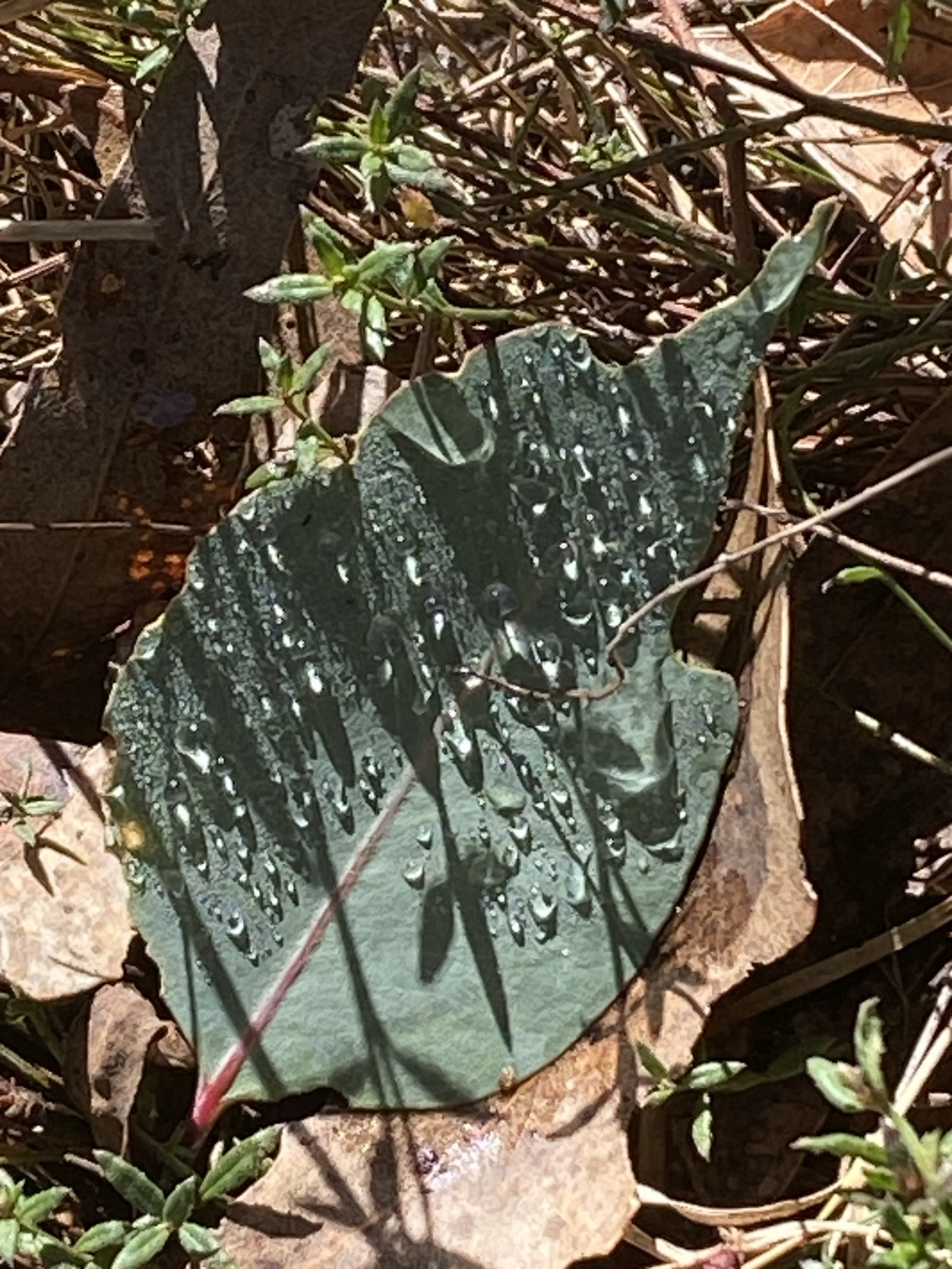
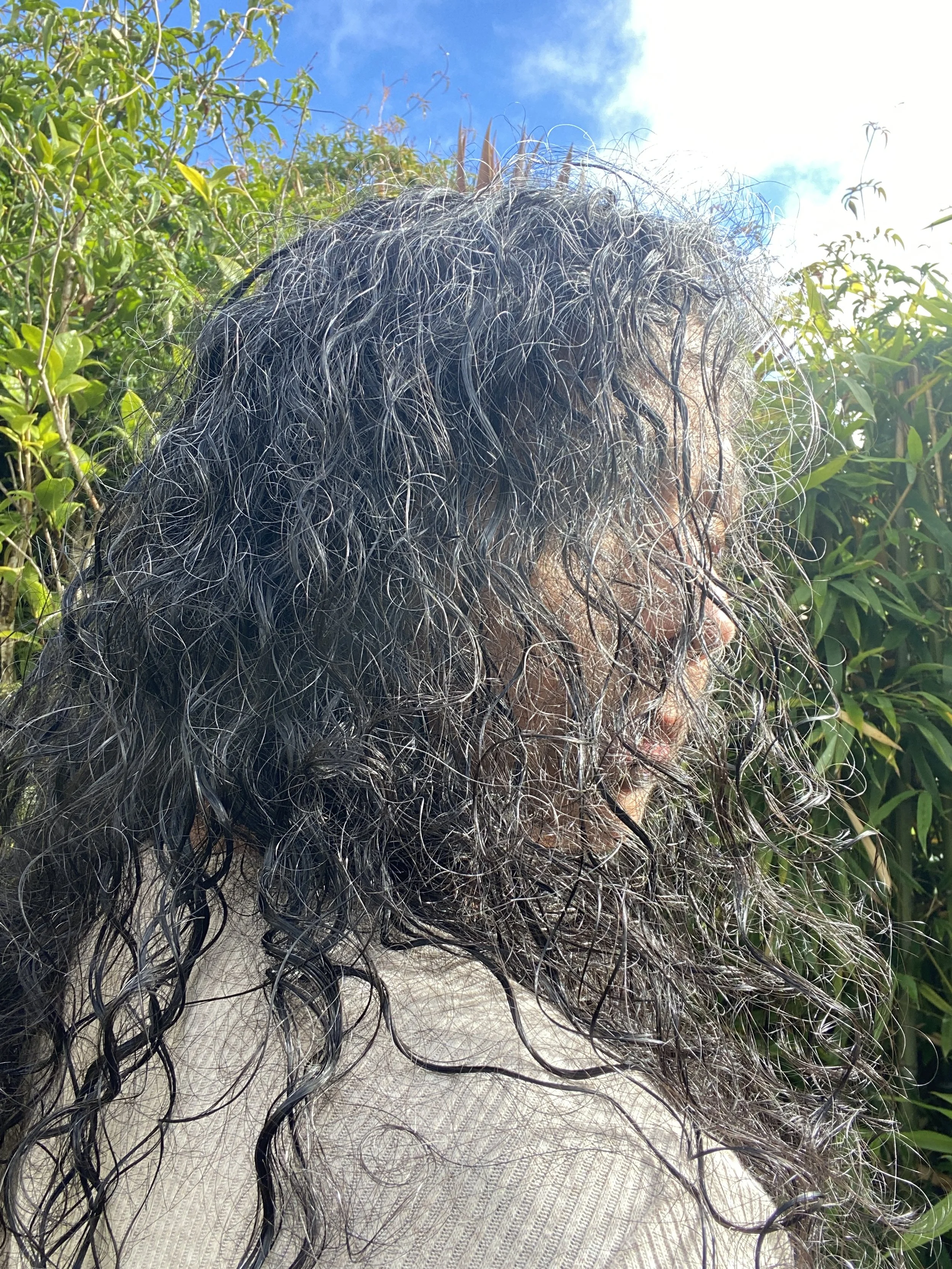
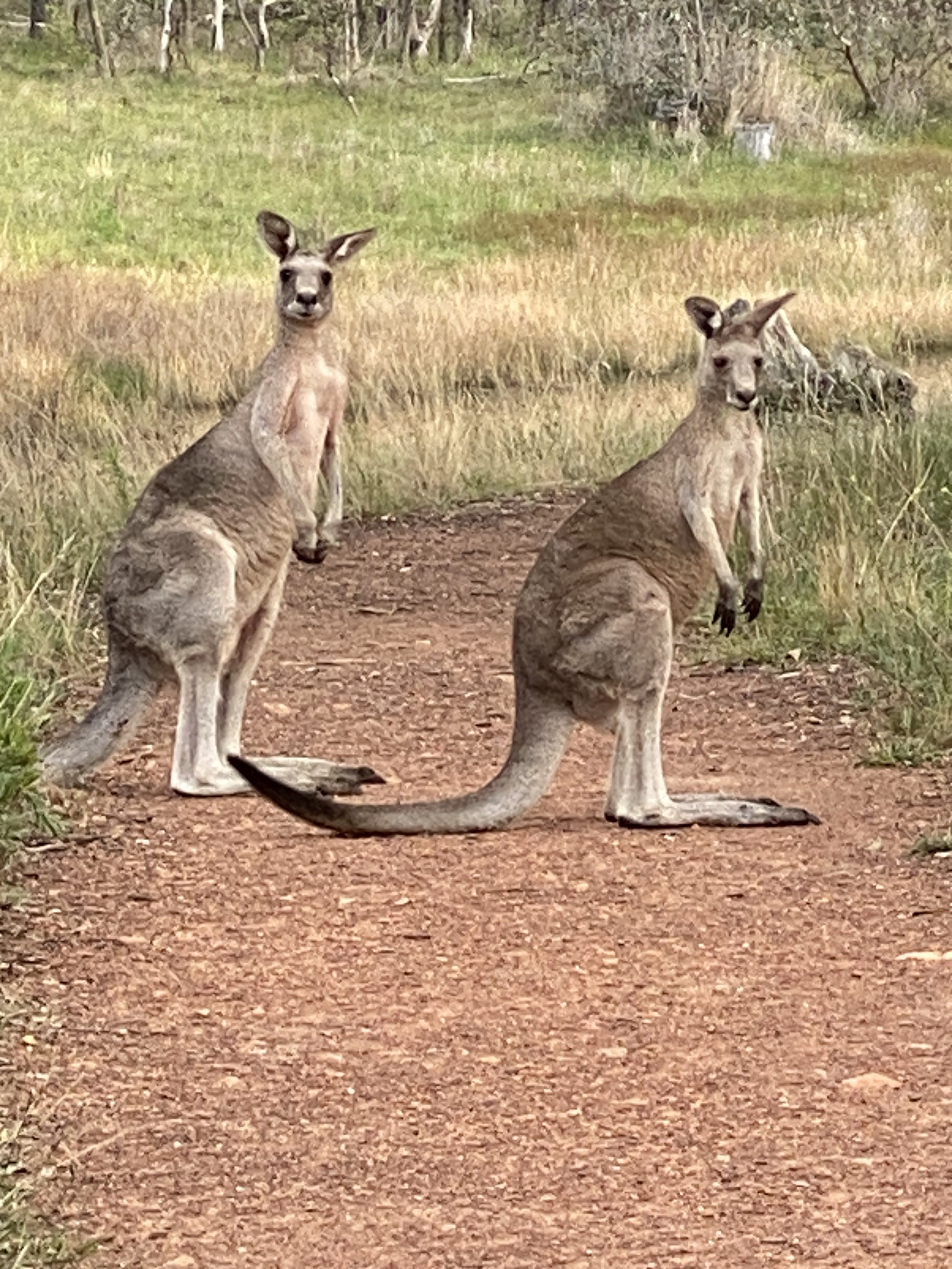

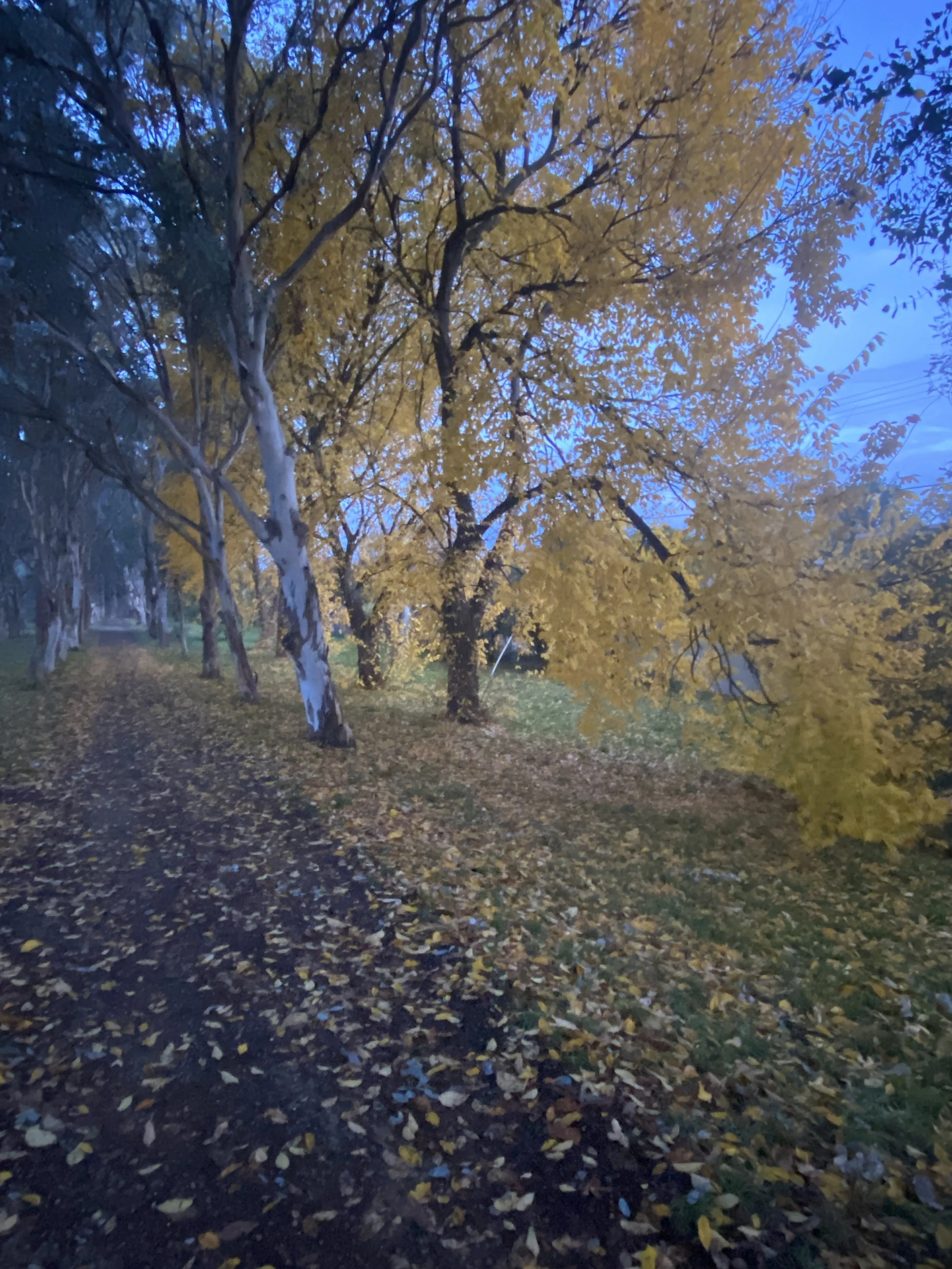
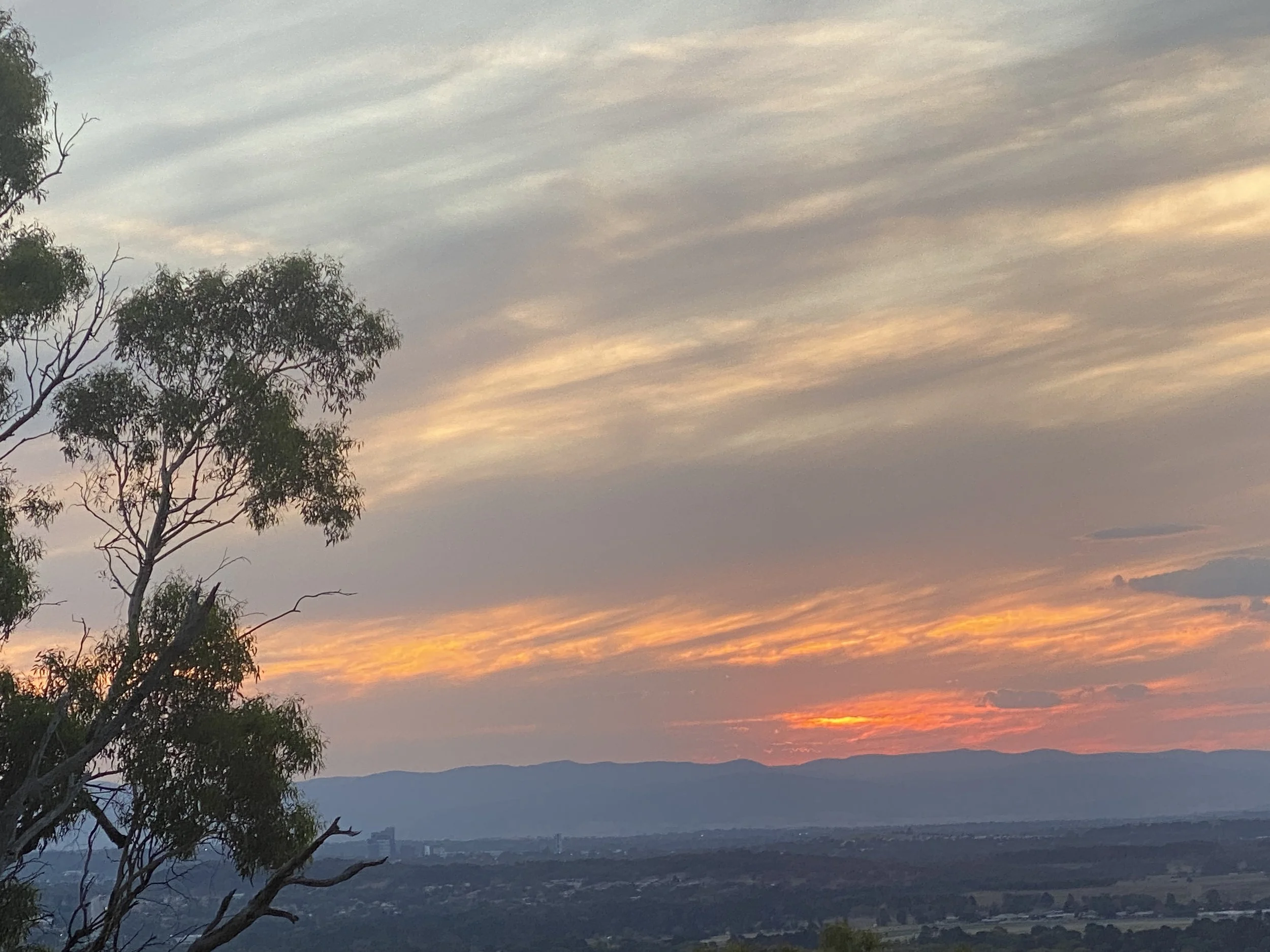

![Moksha [Release]](https://images.squarespace-cdn.com/content/v1/5b7b8c44e7494002028d8939/1712546755485-R36XIN082Z542FKJBIYI/_DSC5688.JPG)

